by Barbara Castleton
“When I touched him, he was cold. That is when I realized he was dead. The shock was so immense that my body began to shake. I went through so much pain and I felt completely helpless. After burying my husband, I went to live in the Nakuru showground. It took me two months to even speak to other people in the camp. I saw everybody as a murderer and I hated everyone.” – Penina Wahito
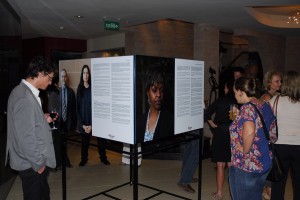 This scene has played out in countless locales across the globe. One moment life is going along fairly well, and the next, as though a demon of malevolence has possessed the neighborhood, people are killing their fellow citizens for reasons that defy comprehension. Somehow, once the din of screams, guns, machetes, knives and clubs has died down, all of those involved have to rediscover “normal”. Too often, that new normal includes elements of bitterness, depression, suicidal thoughts, hate, and yes, the desire for revenge. If not dealt with in pro-actively, the past can trigger the future and patterns of cyclical savagery. Often the best leaders and guides at this time are not politicians, scholars, priests, or successful business men, but rather those who have found their way past the temptations of hate and into a new space, a place of forgiveness.
This scene has played out in countless locales across the globe. One moment life is going along fairly well, and the next, as though a demon of malevolence has possessed the neighborhood, people are killing their fellow citizens for reasons that defy comprehension. Somehow, once the din of screams, guns, machetes, knives and clubs has died down, all of those involved have to rediscover “normal”. Too often, that new normal includes elements of bitterness, depression, suicidal thoughts, hate, and yes, the desire for revenge. If not dealt with in pro-actively, the past can trigger the future and patterns of cyclical savagery. Often the best leaders and guides at this time are not politicians, scholars, priests, or successful business men, but rather those who have found their way past the temptations of hate and into a new space, a place of forgiveness.
The Forgiveness Project of Kenya grew out of a lifelong friendship between Neil Thomas, a talented photographer and resident of Kenya, and Simon Marks, a boyhood friend and currently the Director of Fundraising & Business Development at London’s own Forgiveness Project. How Kenya and her people became involved in a related Forgiveness Project is first a tale of commitment to friendship and possibility. The need for the project is a sadder story of ferocity and death.
While Kenya has avoided some of the greater horrors and extensive loss of life suffered by certain of its African neighbors, election campaigns, voting cycles, post-election periods, tribal grievances, and the power struggles associated with them have several times been the incendiary spark for brutality and violence. As is too frequently the case, the nation’s non-political citizens reaped the tempest of death, rape, injury, loss of property, and displacement. Thousands were killed during these episodes in the late 90s and early digits; even greater numbers were injured or raped. In a sociologically devastating postscript, tens of thousands of Kenyans were forced off their property by rival tribes or paid militants. Once the fighting stopped, these same people remained separated from their traditional lands and took up residence in camps.
It had been the habit of a decade for Neil and Simon to meet up, at least once a year, to take themselves off to the hinterlands of East Africa, and there to commune with nature and to take stock of their lives, goals, and dreams. Such a conversation occurred a couple of years ago, in the wake of more violence, and while they were both, as Neil said, “in a bit of a state” about their beloved country. From different locales, one in England and the other in Kenya, they had watched as the fabric of the nation was torn once again by political corruption, killings, and oppression.
For all Kenyans, these periods were incalculably dire and heartbreaking. For Neil and Simon, born and bred in Kenya, it was like watching a disease ravage a cherished friend. At their safari camp next to a slow moving river, a place where elephants strolled in the moonlight, they talked at length of how the people and the country had suffered and the sorrowful legacy of repeated ethnic tumult. Neil wondered how Kenya might ever be restored, and Simon, already involved with a Forgiveness Project in London, suggested something similar as a mechanism for healing the ethnic, tribal, and class breaches. As the idea unfolded throughout a lengthy exchange, Neil began to see the broader implications. A participant Landmark’s Self Expression Leadership Program, Neil created The Forgiveness Project – Kenya, with Simon’s able assistance, as his community-based venture for the program.
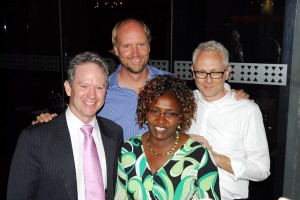 From notion to completion of “The ‘F’ Word: The Forgiveness Project of Kenya” was a carefully trodden, prolonged path, one that considered the nature of the country plus Neil and Simon’s desire to make it a meaningful enterprise, rather than merely flamboyant. The core of the project was a series of interviews with victims and perpetrators. Talking to the do’ers as well as the done unto’s brought these conflicts full circle. One storyteller, Abraham Cherobin, noted a melancholic irony, “People saw me as a perpetrator because I committed atrocities, but they failed to understand that I was also a victim.” Hundreds of hours of conversation resulted in a total of 50 in-depth interviews. Neil and Simon listened to tales of forgiveness from all epochs of Kenya’s history, as far back as colonial times. Just as important, they invited stories from every class, tribe, and social group.
From notion to completion of “The ‘F’ Word: The Forgiveness Project of Kenya” was a carefully trodden, prolonged path, one that considered the nature of the country plus Neil and Simon’s desire to make it a meaningful enterprise, rather than merely flamboyant. The core of the project was a series of interviews with victims and perpetrators. Talking to the do’ers as well as the done unto’s brought these conflicts full circle. One storyteller, Abraham Cherobin, noted a melancholic irony, “People saw me as a perpetrator because I committed atrocities, but they failed to understand that I was also a victim.” Hundreds of hours of conversation resulted in a total of 50 in-depth interviews. Neil and Simon listened to tales of forgiveness from all epochs of Kenya’s history, as far back as colonial times. Just as important, they invited stories from every class, tribe, and social group.
These personal recollections constitute the foundation of The Forgiveness Project – Kenya. The interviews deliver a profound message that is repeated over and over in distinctive variations. The message asserts that moving on demands forgiveness. Anything else is an insurmountable barrier to real healing. Penina Wahito is a wonderful proponent of this maxim, and someone who left Neil awestruck as listened. A self-confessed scared and timid woman for most of her adult life, she has transformed into a woman who has dealt with loss, injuries, and inconveniences from a place of growing grace and strength. Once she forgave. “I truly believe that had I not forgiven, I would have died of depression,” she says.
The story of Paddy Onyango, another contributor, begins “On the afternoon of 21st May 1986, I was teaching at the Ogada Secondary School when my class was surrounded by armed police…I had been accused and jailed for agitating for democracy in 1982. I was taken to Nyayo house, a designated government building where pro-democracy campaigners were detained and tortured without trial…I was told to remove my clothes for what would be the first 12 days of my ordeal. I was made to stand in water until I fell from exhaustion. The next 12 days I was subjected to starvation. The torture varied…on one occasion, I was stripped naked and guards brought in my fiancée who had thought I was dead. The guards fondled her in front of me… and [then] I heard her scream from the next room being raped by the guards. She committed suicide.”
Paddy, finally released after months of torture, ran into his chief nemesis, a Mr. Munene, a week later. Paddy invited the man to lunch, and though suspicious, the former jailer agreed. “Forgiveness is a deliberate decision,” says Paddy, “and it came naturally to me under the circumstances. The best way to shame those who harm you is simply to move on.” All of the storytellers of The Forgiveness Project – Kenya have moved on, and they have been the impetus for change and peace among many of the country’s ethnic groups.
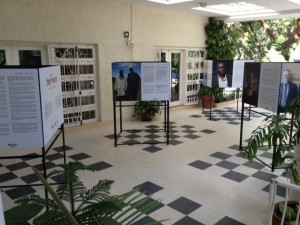 Still, the point was not to simply give these 50 people a voice and a listener. The point was to impact society by demonstrating what is possible through forgiveness. Beyond that, Neil and Simon want this project to, perhaps, inform and guide the choices young Kenyans make in the future. Finally, by including stories from other war-torn places, such as Palestine and Croatia, the Forgiveness Project offers evidence that Kenya is not alone in its need to recover. With all these ends in view, “The ‘F’ Word: The Forgiveness Project of Kenya” has become, not one, but four complete exhibitions in select locations throughout Kenya. Huge posters and photos supported by metal frames, celebrate the story tellers, ten from Kenya and nine from Simon’s global project in London. Two displays are placed permanently in secondary schools, another opened a week ago in the main mall of Nairobi, the Sarit Center, and the last is currently at the El Doret campus of the University of Nairobi. The intentionally populist reach of the exhibition will mean that people from all levels of society, from every tribe, and from income level will have the chance to see the storytellers and read their experience of transitioning to forgiveness.
Still, the point was not to simply give these 50 people a voice and a listener. The point was to impact society by demonstrating what is possible through forgiveness. Beyond that, Neil and Simon want this project to, perhaps, inform and guide the choices young Kenyans make in the future. Finally, by including stories from other war-torn places, such as Palestine and Croatia, the Forgiveness Project offers evidence that Kenya is not alone in its need to recover. With all these ends in view, “The ‘F’ Word: The Forgiveness Project of Kenya” has become, not one, but four complete exhibitions in select locations throughout Kenya. Huge posters and photos supported by metal frames, celebrate the story tellers, ten from Kenya and nine from Simon’s global project in London. Two displays are placed permanently in secondary schools, another opened a week ago in the main mall of Nairobi, the Sarit Center, and the last is currently at the El Doret campus of the University of Nairobi. The intentionally populist reach of the exhibition will mean that people from all levels of society, from every tribe, and from income level will have the chance to see the storytellers and read their experience of transitioning to forgiveness.
Neil admitted that, initially, he had no idea of how challenging the process would be. “At first, people didn’t want to talk,” he said, “especially the perpetrators.” Gradually, by leaving the “welcome mat” out and visible, one person after another decided to trust someone with their story, because, ultimately, forgiveness is about granting yourself freedom from the past. For those whose stories are told, what is lost remains lost, but what is found is even more valuable. Marian Partington, whose sister was horribly raped, murdered, and dismembered, has revealed in her own forgiveness story that, “Forgiveness began with murderous rage. Until then, I hadn’t thought of myself as a murderous person, but at that moment I was capable of killing. In other words, I was not separate from the [murderers].” That realization, that we none of us are immune, lead her as it has many others to this one, salient epiphany, “Forgiveness means giving up all hope of a better past.”
At the launch of any project rooted in humanity, it is difficult to envision the ending. Neil and Simon now hope that the project will inspire attendees young and old. Though neither Neil nor Simon had a similar tale of their own, the experience has had a remarkable impact. “It was so humbling,” Neil told me, “to be a part of something with almost limitless reach. My life is richer for having taken this on.”
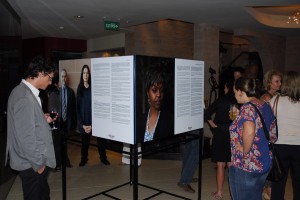
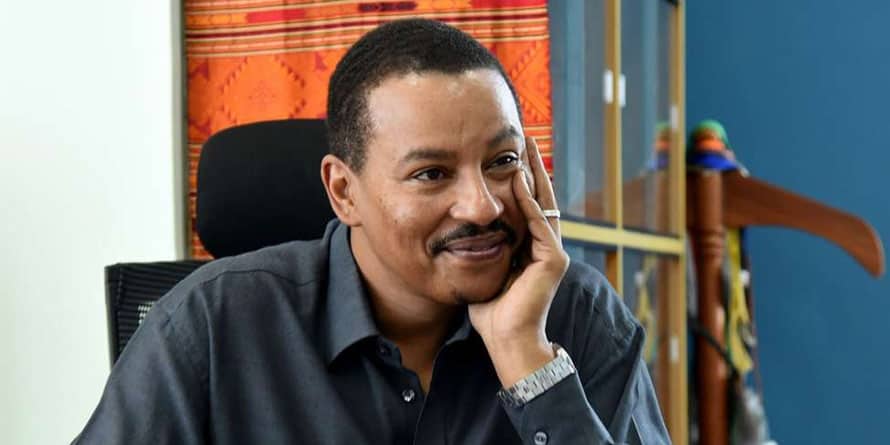
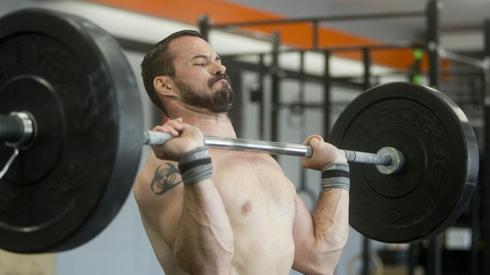
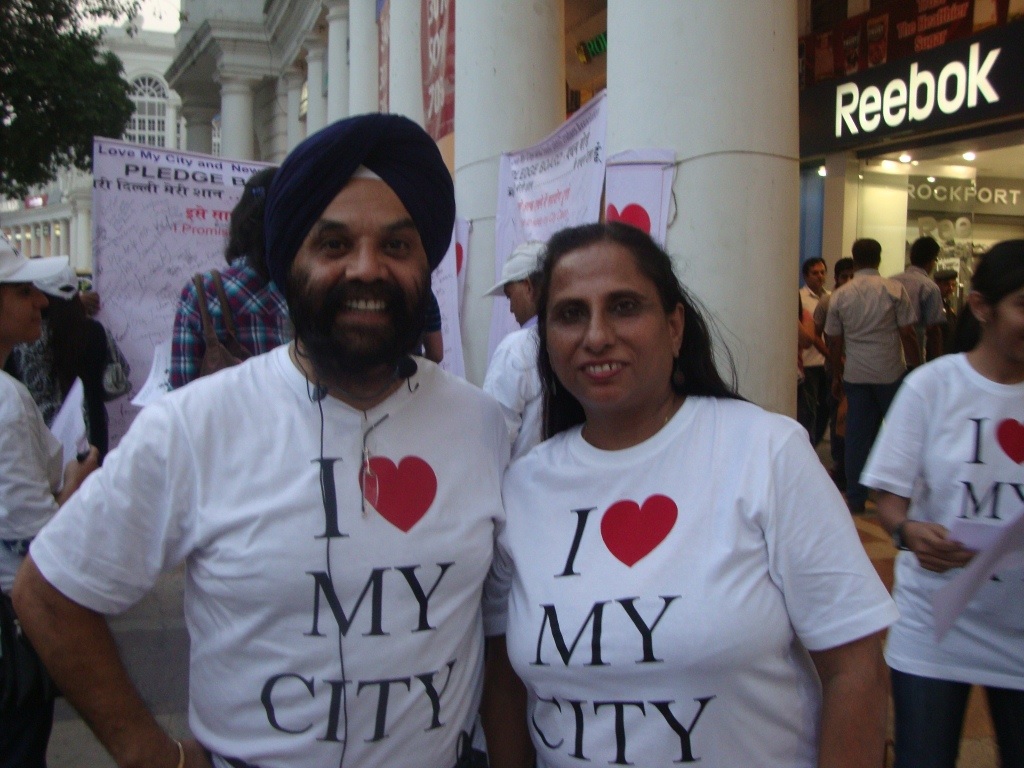
9 comments
"Forgiveness means giving up all hope of a better past." That is so profound. Thank you for sharing this story!
That story tells it all and I ask myself 'who am I to not forgive'.
That story tells it all and I ask myself 'who am I to not forgive'.
An amazing tribute to the strength of people who can forgive these horrors. Thanks to Neil's and Simon's Forgiveness Projects, and thanks to Landmark Education for encouraging this possibility.
"Forgiveness means giving up all hope of a better past" love that…to whom do I credit it?
Good morning! Are you back home? Did you know that Yvonne Bryant died?
The question is, if I were in these shoes, could I forgive? The power of story is to allow us to put ourselves in others' shoes to try them on for fit.
I love this definition – thank you 🙂
The Forgiveness Project (www.theforgivenessproject.com) has been helping inspire thousands of people around the world since it was founded by Marina Cantacuzino in 2004. It’s great to see that its work in Kenya is continuing to make a difference to people’s lives as it encourages exploration of ideas around forgiveness through such powerful stories.